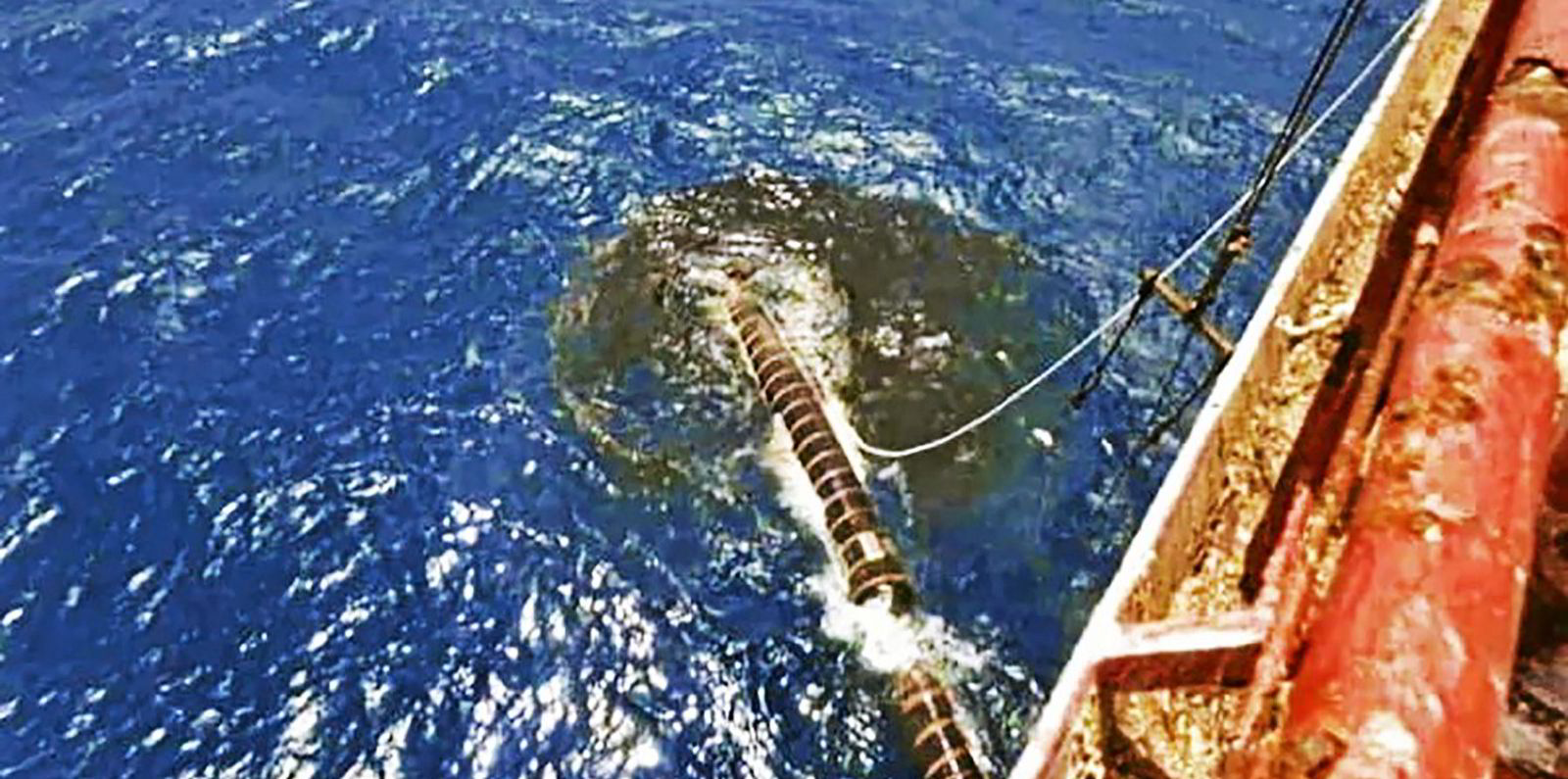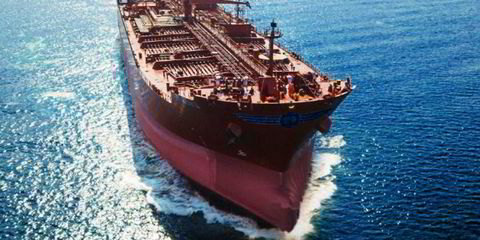The United Nations (UN) has struck a deal to pump crude oil off a floating storage offloading (FSO) vessel deteriorating off the coast of Yemen.
Martin Griffiths, UN under-secretary-general for humanitarian affairs and emergency relief, said in a statement that the UN has made “recent progress in efforts to resolve the Safer tanker issue, including an agreement in principle to a UN-coordinated proposal to shift the oil to another ship.”
The UN has not revealed if there is a deal to sell the oil, or when the lightering will take place.
The 407,000-dwt FSO holds 1.14m barrels of Marib light crude, which is a blend of output from the Marib and Jannah fields in the southwest of Yemen.
ExxonMobil was an operator in both blocks, where production averaged 195,000 barrels per day.
Salvors and risk modellers told TradeWinds earlier this year that a catastrophic environmental and economic crisis could develop if oil leaks from the decaying vessel.
The single-hulled ship, built in 1976, has been variously described as a floating or ticking time bomb.
The FSO is owned by Yemen’s Safer E&P Operation Co but has not been operational since March 2015, when the region fell under the control of the Houthi rebels.
The UN has long wanted to get inspectors on board the unit, which is anchored 4.8 nautical miles (8.8 km) off Ras Isa, but so far the rebel Houthi authorities there have not allowed this.
At the end of December, Walid Al-Qadmi, the first undersecretary of the Hodeidah Governorate in Yemen, tweeted that there had been a leak from the pipeline to the ship, but this has been disputed.
Experts believe a spill of all the oil on board would be four times worse than the worst yet seen — the Exxon Valdez tanker disaster in Alaska in 1989.




